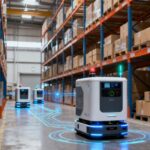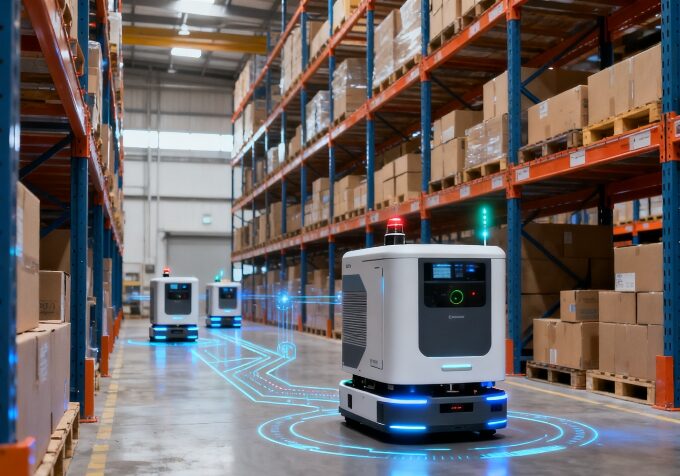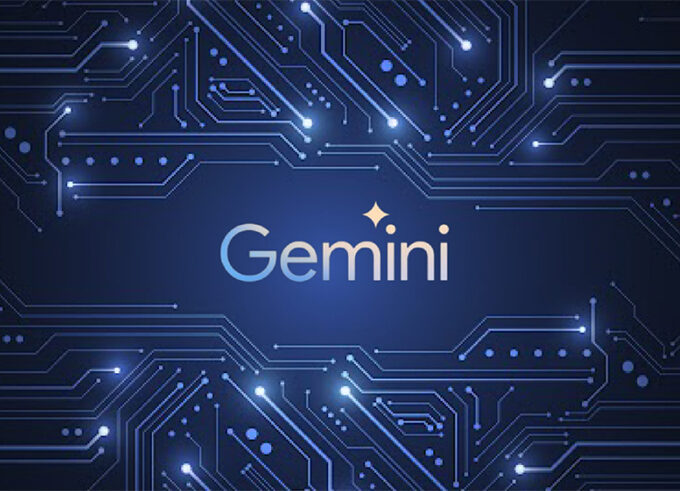At the end of 2017, the artificial intelligence program AlphaZero, developed by Google’s DeepMind, defeated the world’s strongest chess program, Stockfish, in 100 games. AlphaZero’s record was 28 wins, 72 draws, and 0 losses. In 2018, in a series of 1000 games against Stockfish, AlphaZero achieved a remarkable record of 155 wins, 6 losses, and 839 draws. AlphaZero’s victory drew widespread attention because its creators only provided it with the rules of chess and instructed it to formulate strategies based on those rules, achieving an unprecedented win rate after just four hours of self-play. To date, no one or no other program has been able to defeat it.
One significant difference between AlphaZero and previous chess programs is that AlphaZero does not rely on human-guided paths. Unlike earlier programs that required human players to conceive strategies, AlphaZero’s moves, in many cases, were unconventional and beyond human considerations. Grandmaster Garry Kasparov, after observing and analyzing AlphaZero’s games, remarked, “AlphaZero has shaken the foundations of chess.”
In late 2022, ChatGPT, a natural language processing tool developed by OpenAI, emerged. This tool generates highly professional text based on simple instructions provided by humans, sometimes exceeding the quality achievable by an individual or even a group of individuals. This has sparked widespread interest across various sectors, with supporters seeing the positive aspects of artificial intelligence, while opponents express concerns about its potential impact on existing social structures, likening it to a flood or a wild beast.
Undoubtedly, we have entered the era of artificial intelligence. Whether one likes it or not, artificial intelligence has permeated every aspect of our lives and work. From everyday algorithms to the development and competition of businesses and nations, artificial intelligence plays an increasingly significant role and is poised to have even greater influence. More importantly, artificial intelligence differs significantly from previous technologies. Its development is likely to reshape human society to a large extent.
The book “The Age of Artificial Intelligence and the Future of Humanity,” co-authored by former U.S. Secretary of State Henry Kissinger, former Google CEO and Executive Chairman Eric Schmidt, and MIT’s School of Computing Director Daniel Huttenlocher, explores the potential impact of artificial intelligence on human society from a non-technical perspective. As stated in the preface, “In this book, we neither praise artificial intelligence nor attempt to belittle it. Because, like it or not, artificial intelligence is everywhere. What we try to do is consider the impact of artificial intelligence while it is still within the scope of human understanding.” This book provides a thoughtful examination of the philosophical aspects of artificial intelligence at a time when its impact is still comprehensible to humans, aiming to avoid situations where “seeing the true face of Mount Lu is possible only when one is in the mountain.”
Artificial Intelligence is a Unique Technology
While technology has been a crucial driving force for human societal progress, the development of artificial intelligence may fundamentally change societal and political structures. As pointed out by the authors, throughout history, humanity has experienced technological revolutions. However, these past technological changes have shared a common characteristic: they were under human control and could be well understood by humans. The Industrial Revolution was a watershed moment in technological development, introducing empowering technologies that expanded the boundaries humans could reach and improved production efficiency. These technologies operated according to specific rules set by humans and had minimal autonomy. Artificial intelligence is markedly different. Although created by humans, it possesses significant autonomy. Many of its behaviors and practices are not understood by humans and often go beyond the scope of human comprehension. Examples such as AlphaZero and ChatGPT illustrate this point.
For thousands of years, humanity has regarded exploring reality and seeking knowledge as its mission, hoping to gain better control by understanding the world and its natural laws. People believed that through diligence and focus, applying human rationality to problem-solving would yield measurable results. Admittedly, at least until now, human understanding of the world we live in and the broader space has been limited. Many issues and phenomena remain either unclear or completely incomprehensible to humans. The advent of artificial intelligence may change this phenomenon to some extent. It has the potential to touch on a different realm of reality than humans typically encounter. In other words, artificial intelligence might surpass the limitations of human rationality, broaden human horizons, and delve more profoundly into the essence of things.
Challenges Posed by Artificial Intelligence

Every entity has two sides, and while artificial intelligence brings benefits, it also poses new challenges that need to be addressed.
One challenge posed by artificial intelligence is that individuals with the skills and resources to create it may not necessarily possess a philosophical perspective to understand its broader implications. Many creators of artificial intelligence primarily focus on the applications they are trying to achieve and the problems they want to solve. They may not pause to consider whether their solution could lead to a historic revolution or how their technology might impact different demographics. For instance, if artificial intelligence effectively solves one problem but causes significant negative consequences for another group (such as unemployment), is the overall result desirable? This raises questions of value judgment.
Artificial intelligence may accelerate the trend of rational decay in humanity. Social media reduces spaces for reflection, online searches diminish the drive for conceptualization, and artificial intelligence, with its superior task execution capabilities, further diminishes the motivation for profound human thought. Even before the advent of advanced artificial intelligence, algorithms were adept at delivering “addictive” content to humans. Artificial intelligence excels in this regard, influencing human thought capabilities more and more each day. Conversely, humans’ role in understanding information and perceiving reality is weakened. Regardless of how advanced artificial intelligence changes human society, the search engines that have long played a vital role in our daily work and life have significantly compressed the space for human thought. While search engines have brought great convenience, the process of thinking has been omitted and replaced. This thinking process is what can deepen our understanding of certain issues. For instance, the “filter bubble” constructed by data algorithms keeps us confined to content that interests us. Sometimes, we enjoy this confinement and find it difficult to extricate ourselves, inevitably leading to narrow and biased cognition, focusing on individual trees while neglecting the forest, or sometimes not even seeing the real trees.
Artificial intelligence lacks the ability to sense moral or philosophical impulses, cannot consider situations or engage in reflection like humans, and lacks compassion and sympathy. On the other hand, artificial intelligence may exhibit discrimination and bias, requiring special attention to the challenges it brings. Artificial intelligence merely employs methods that humans might not be able to achieve to produce specific results, regardless of whether these results are considered mediocre or profound, good or bad, from a human perspective. Goals and authorizations for artificial intelligence need careful design, especially in decision-making areas where its actions might be irreversible. We should neither view artificial intelligence as a self-operating, unattended existence nor allow it to take irreversible actions without supervision, monitoring, or direct control.
The technical head of the Manhattan Project, Robert Oppenheimer, later criticized the military’s advocacy for nuclear war, stating, “If a civilization consistently regards ethics and morality as the core of human life, but remains silent on the prospect of mass slaughter for all, only allowing discussions on how to conquer enemies, how should we view such a civilization?”
As people experience new events, discover new things, or encounter other cultures, it gives rise to a revolution of thought, ushering in a new era. We have already entered the gateway to the age of artificial intelligence, with AI technology rapidly advancing. Its positive and negative effects are gradually becoming apparent, and so far, we cannot clearly predict its development path and complete impact. However, due to the significant differences between artificial intelligence and previous technological revolutions, it possesses greater agency, with many outcomes extending beyond the boundaries that human thinking can possibly reach, and even beyond human control. Therefore, it is necessary to seriously consider the revolutionary impact of artificial intelligence on human society. As the author suggests, it is crucial to carefully examine and assess AI while its impact is still within the scope of human understanding.













Leave a comment